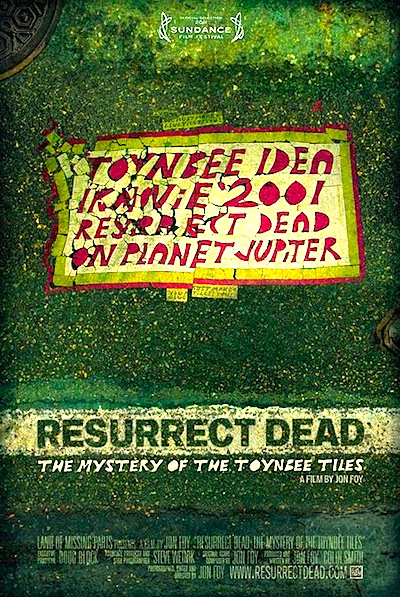By Joe Bendel. If anyone out there ever thought shows like Gossip Girl and Melrose Place would be better if they were duller and more depressing, there is a film for you at Sundance. Five attractive young women get together for a girl’s night out, but we are told from the get-go only one will survive in Erica Dunton’s To.get.her, which screens during the 2011 Sundance Film Festival.
Ana Frost has a bad relationship with her soon-to-be step-father. Care to make a wild guess why? She is not the only one of her fab five having problems. For instance, China Rees is emotionally distraught over her recent break-up with her boyfriend. Again, care to speculate what’s going on there? All five supposedly high school aged women have secrets that will be revealed during the course of their “Night of No Consequences.”
Though framed to set the audience up for a thriller, those expecting something in the tradition of And Then There Were None will be disappointed. Thriller or not, To.get.her takes longer to get started than most Michener novels. Yet, its ultimate destination is so grim and unsatisfying (not to mention derivative), one wonders why Dunton and her cast bothered.
Frankly, To.get.her can be a painful movie to watch, particularly during the many scenes shot with the camera pointed directly into the sun. Of course, the adults in the film are uniformly stupid, even including Bryan, the friendly drug-pusher living next door to the Frost family beach house. It also hardly helps that none of the cast really look age appropriate, except perhaps model Jazzy De Lisser, evidently a big enough It Girl in the UK to merit her name above the title in the opening credits.
To be fair, De Lisser is rather good as Ana the ringleader. Audrey Speicher also takes a compelling turn as Abigail Pearce, the conflicted daughter of religiously conservative parents. (Gee, what could she be grappling with?) Unfortunately, their efforts are somewhat wasted on a flat, clichéd story and further undermined by a distractingly gauzy visual style that brings to mind some of the 1970’s horror films seen on MST3K.
To.get.her probably supplies the most unintentional humor of the festival, but at least that’s something. Indeed, the cast certainly tries, but it just doesn’t work. For those still intrigued, it screens again tomorrow (1/27) during this year’s Sundance Film Festival.
Posted on January 26th, 2011 at 8:47pm.






